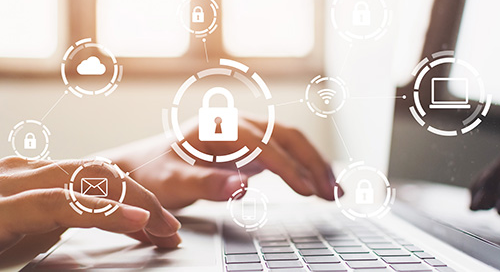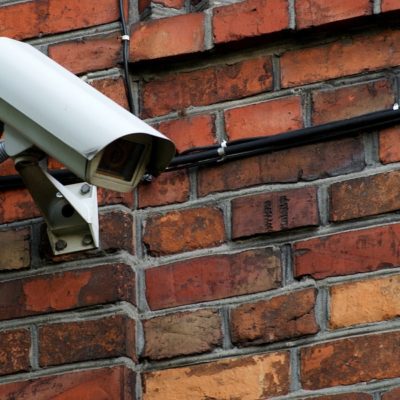According to Pew Research, in 2017, one-third of Americans live in a household with three or more smartphones. With “Facebook,” “Instagram,” and “emoji” now in the everyday vernacular, school districts absolutely must be up to date on their smartphone policies.
Some schools’ policies allow students to use cellphones during the school day, while others ban cellphone use outright. These policies, however, are not always the same for teachers. In addition to realizing the potential for students using internet access to cheat on their work, and disruptions caused by teachers stepping out to take calls or texting during the school day, here are a few things to consider when reevaluating your school’s stance on the issue:
How does this fit into your school’s privacy policy?
Whether the decision comes down to “under no circumstances should teachers use cellphones during the school day, unless there is an emergency” or “students and teachers can use cell phones at any time except during tests,” make sure that is aligned with school policy. Issues that could arise from cellphone use include photos being taken without a subject’s informed consent, an increase in interruptions during discussions, and even a rise in cyber-bullying.
Cellphone use and security threats
The National School Safety and Security Services organization points out that cellphone use in an emergency situation creates an even less secure environment. Cellphones are difficult to trace if bomb threats are made from them. Students calling home during an emergency could draw too much attention (not to mention misinformation and rumors) to a potentially delicate or dangerous situation when public safety officials need to have less human traffic due to evacuations, EMS, and other tactical or safety reasons. An electronic device could even accidentally detonate an explosive device. They recommend that administrators, but not students, have access to phones at a time of emergency.
How to curb troublesome texts
Remind allows educators to message one or multiple devices about everything from assignments to field trips and office hours without giving out personal numbers while preserving a record of every message sent. Class Dojo is another app teachers can use to communicate with families, either through one-on-one messages or group messages.
While tools like these may provide a safer and more effective way for educators and families to communicate, it’s still important for districts to do their due diligence to ensure that the tools align with their district’s needs, rules, and values. It is also important for districts to oversee the process for selecting which apps teachers use to communicate with students and families, have strong acceptable use policies governing the use of district technology, establish procedures for vetting contracts and new technologies, and maintain any records in accordance with the district’s retention policies.








Leave a Comment